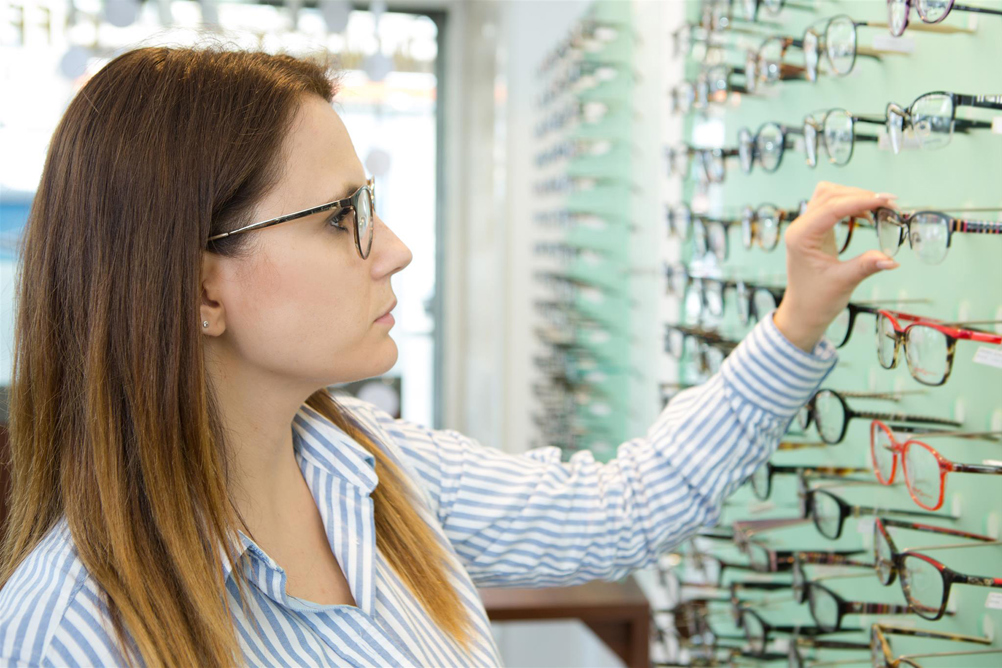
Vision Express has called for the UK public to prioritise eye examinations and avoid neglecting eye health, despite economic impacts caused by the cost of living crisis.
The Eye Health research by Vision Express conducted a survey on 1,000 UK people in 2022 and revealed that the UK public would neglect eye care if costs were involved. The survey found that 22% of patients had postponed getting an eye test as a result of finances, a further 18% would not get their eyes checked even if they were having issues, and over 26% said they would buy glasses less often.
Vision Express clinical services manager Peena Govind said the multiple recognised the difficult economic situation for many and has increased its financing options to support patients’ eye care. She said: ‘Vision Express understands that now, more than ever, consumers want to get so much more for their money and manage their expenditure well at the same time. Our new Eyecare Plan allows customers to pay monthly and receive many more benefits, from free eye tests, 20% off eyewear, lifetime servicing and accidental breakage and loss cover.
‘This makes the whole process more affordable, giving our customers peace of mind that they are getting the very best service, while helping them save money.’
The multiple highlighted that regular eye examinations were not only about testing visual acuity, but were vital for early detection of diseases, such as macular disease or glaucoma, which can make prognosis more positive down the line. ‘Conditions such as these can’t be seen with the naked eye and only under the microscope, which is vital to anyone’s regular check-up. Without getting their eyes tested regularly, consumers run the risk of eye conditions worsening, and learning more about what can go wrong,’ it added.
Vision Express’s survey responses showed that some patients felt uninformed on eye diseases. Thirty-two percent stated they ‘didn’t know much’ about age-related macular degeneration and a further 44% felt they had little or no knowledge of glaucoma, while 46% had little or no knowledge of diabetic retinopathy. Only blepharitis and conjunctivitis were well-known, with 78% and 86% of patients, respectively, feeling confident about knowledge of symptoms.
Govind said: ‘Eye tests are recommended every two years or more frequently if you suffer from symptoms of these particular diseases. By coming into the store for an eye test, you can get first-hand advice and support from a member of our team about these conditions, including symptoms, and what to do if glaucoma runs in your family. If you are experiencing any of the following symptoms, it’s vital that you go and see an eye care professional immediately: floaters, blurry vision or eye strain. We also offer a range of information about these particular diseases on our website, which features the most up-to-date information on symptoms and treatment.’
The research outlined that 40% of respondents did not know they should be taking a break from contact lenses, and 39% had no idea that sunglasses should be worn all year round. This indicated that eye care professionals may need to recognise how more tools can be used to communicate gaps in patients’ knowledge regularly, such as contact lens wear health and dealing with spring conditions.
Govind commented: ‘At Vision Express, we’re always happy to talk to new and existing customers about their eye care and would encourage anyone to pick up the phone or come into the store to talk about any issues they may be experiencing with their eyes. We also offer a wealth of information on our social media channels and on our website. Our blog does a regular deep dive into different eye health conditions and has a specific section on dealing with allergies and spring conditions.’
Vision Express recommended consumers considered sensible eye care habits to maintain a healthy eye condition, including eating healthily; getting a good night’s sleep; limiting alcohol consumption; using sunglasses all year round; and using eye drops to keep eyes hydrated.
